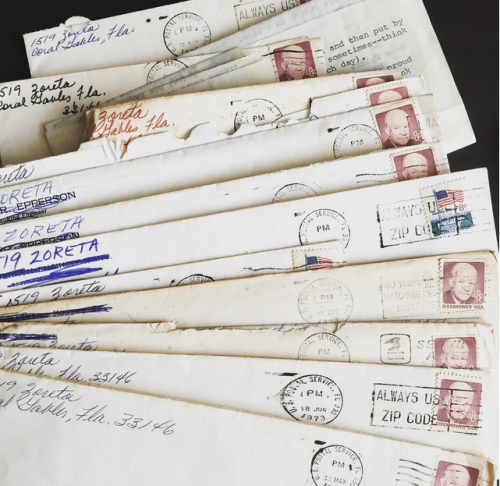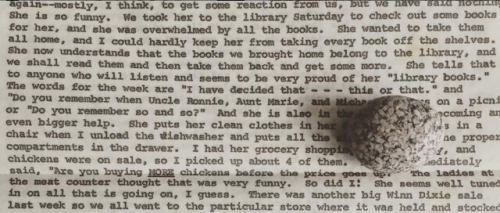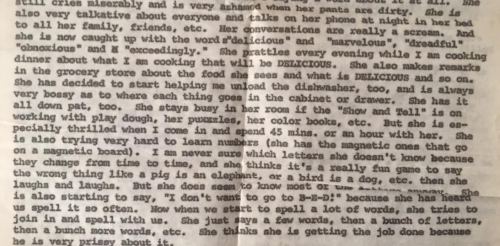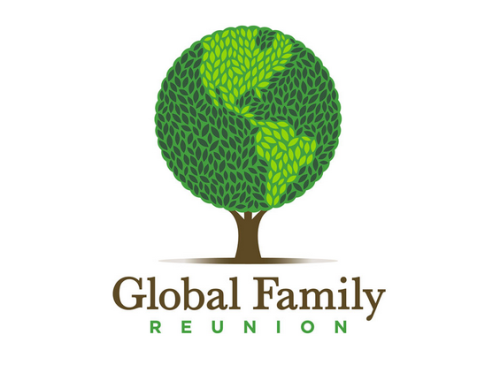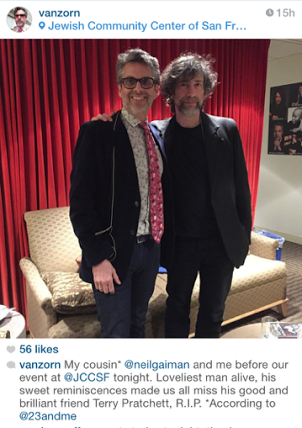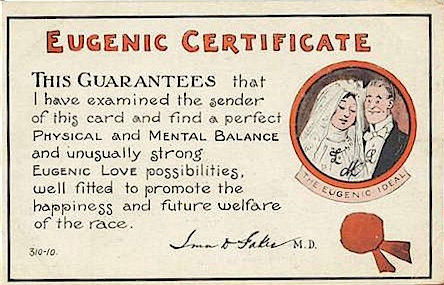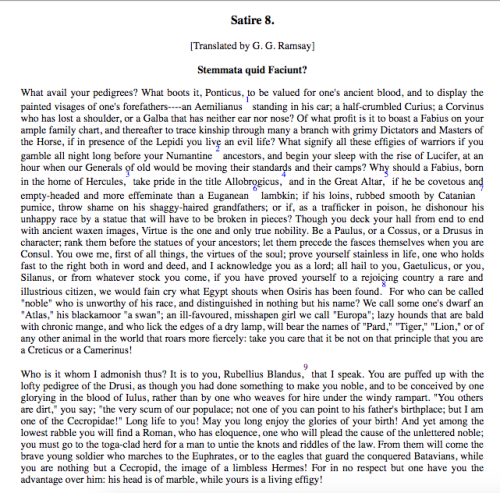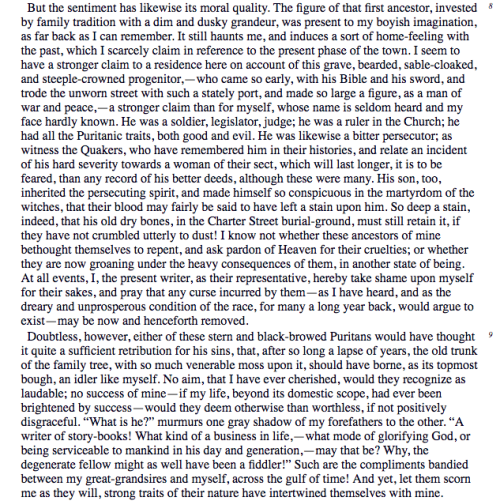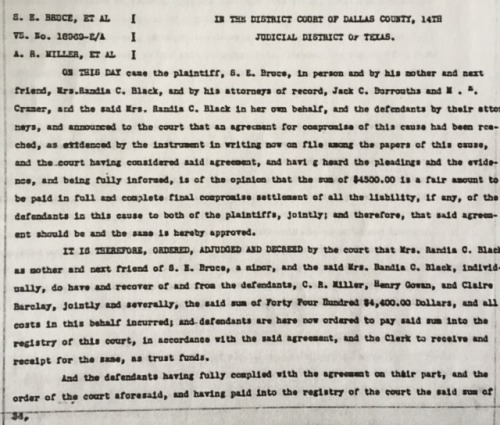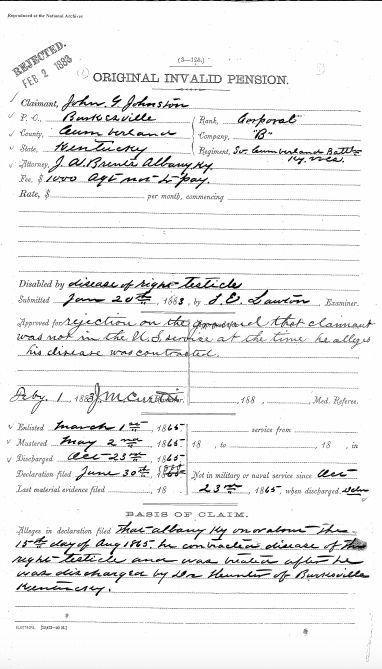#the begats
I’ve been reading letters my mom wrote when I was little, just after I turned two. It’s strange how much like myself I already was at that age.
Do you have letters like this from your childhood, or from your ancestors’ childhoods? Letters that seem like clues about your or their future selves?
Post link
“BBC America’s Orphan Black seems so immediate, so plausible, so unfuturistic,that Cosima Herter, the show’s science consultant, is used to being asked whether human reproductive cloning could be happening in a lab somewhere right now. If so, we wouldn’t know, she says. It’s illegal in so many countries, no one would want to talk about it. But one thing is clear, she told me, when we met to talk about her work on the show: in our era of synthetic biology — of Craig Venter’s biological printer and George Church’s standardized biological parts, of three-parent babies and of treatment for cancer that involves reengineeredviruses— genetics as we have conceived of it is already dead. We don’t have the language for what is emerging.”
I learned so many fascinating and scary things from Orphan Black’s Cosima Herter.
Post link
On June 6, I’ll be speaking at the Global Family Reunion about my family, my interest in genealogy, ancestry, genetics, and the things we know and stories we tell ourselves about inheritance, and how my fascination with all of this became the book I’m writing. My talk will be at 3:30 p.m.
The reunion, brainchild of AJ Jacobs, also features Jacobs, Henry Louis Gates, CeCe Moore, George Church, Daniel Radcliffe, Lisa Loeb, and many others, and is a full day of events held on the old World’s Fair grounds in Queens.
Ticketsare available at EventBrite. Proceeds benefit the Cure Alzheimer’s Fund. Free admission for kids.
Post link
In which Michael Chabon and Neil Gaiman discover (through autosomal DNA testing) that they are cousins.
Post link
At Slate, Ariel Bogle recaps a discussion I had last week with AJ Jacobs,Wilhelmina Rhodes Kelly, and Chris Whitten on how technology is affecting the family tree. I talked a little bit about what drew me to research my ancestry in the first place.
Although technology is changing the way we discover our personal histories, the reasons why people may begin to investigate in the first place have stayed the same. Curiosity, of course, but also a sense of history. Newton told the audience how her interest in her family tree was sparked by the improbable stories her mother told about their predecessors. But the importance of ancestry cut very close for Newton. “I myself was basically a eugenics project,” she said. “My parents married because they thought they would have smart children together, not because they loved each other.” Her father was particularly obsessed with the idea of purity of blood, she added. “Someone suggested to me that there might be something [my father] was hiding, and then I got really interested.”
We had a lot of fun; I don’t think any of us were ready for the panel to end when it did, and how often can you say that? The audio is below Bogle’s summary, if you’d like to listen.
Post link
In the autobiographically-inspired parts of his introduction to The Scarlet Letter, Nathaniel Hawthorne considered the possibility that some of his Puritan forebears wound up in hell and/or that he himself was their comeuppance.
I’ve always loved his writing, and the older I get the more I’m struck by all the patterns of rumination we share.
Post link
Donald Trump’s father was German, but his mother was a MacLeod from the Isle of Lewis. She was born there to a large family in 1912. They lived in a one-room cottage. Trump’s “ancestors suffered in ‘The Clearances’ – a tragic, decades-long period of upheaval in Scotland, during which greedy landlords forced families from their homes”– and many locals view him as “the antithesis of Lewis’ collective history.” According to researchers:
The distrust of property barons and the fear of losing one’s home runs deep on the island, permeating the residents’ collective conscience. “I think people to this day in the Highlands and islands have a deeply skeptical attitude to landlordism,” says Maclean. “It has a very negative history in this part of the world."Yet today, Trump lives by the very trade that saw his family and hundreds of thousands of other Scots uprooted, thrown from their humble homes often with just the clothes on their backs, forced to start over. Trump could not have turned his back on those roots more if he had tried.
Family legend has it that my great-grandmother, Rindia, gave her church a large insurance settlement that her son S.E. received after being terribly injured in a car accident when he was only 17.
Afterward, my mom says, Rindia and S.E. were too poor to buy food or firewood. My mom remembers going with her mom, my granny, to their little house in Grand Prairie, on the outskirts of Dallas, to give them provisions long after Granny had divorced my mom’s father (another of Rindia’s sons), Robert.
Rindia and S.E. went to Bethel Temple in Oak Cliff. The church was or would soon become “the largest Assembly of God Church in America.” Although my grandfather evidently reviled the minister, Albert Ott, for taking the money, my mom says Rindia herself never complained.
Several years back, I found documentation of the accident in the Dallas Morning News archives. “Skull is crushed as truck is hit,” one story read.
Then, last year, I visited the Dallas Public Library and unearthed court documents showing that the full settlement, awarded on May 5, 1936, was $4400 (about $75,000 in today’s dollars). The court held on to the funds until May 12, when the lawyers received $1466, and the doctors received $934. Later that year, Rindia petitioned for distribution of the remaining $2000 (about $34,000 in today’s dollars), which must be what she gave to the church.
Post link
I finally found an ancestor who fought for the Union in the Civil War! I was so happy.
Except then I requested his pension application from the National Archives and it turns out that John G. Johnston’s battalion – from a Kentucky county that according to the New York Times was “overwhelmingly Unionist in sympathies” – was “never mustered in” to the U.S. service. As a result, neither John nor his widow received a pension for a disease (of the right testicle–ouch) that his application says he contracted from "cold and exposure” during his service.
He submitted his first application in 1883, and her pleas after his death ran through 1920, with the last attempt being filed on her behalf by a relative stranger.
He enlisted on March 1, 1965, when he was about 38 years old. I don’t know the details of his service, which only ran from May 2, 1865, to October 23, 1865, and I’m just starting to learn about this part of Kentucky, but judging from a portion of the Congressional Edition transcribed by historian Marlitta Perkins, the lack of mustering-in and the consequent denial of invalid pension applications was a predicament for many men who served in state-organized militias in Kentucky.
John’s grandson, Zone, my great-grandfather, later became a letter-to-the-newspaper-signing Texan socialist. Coincidence?
Post link
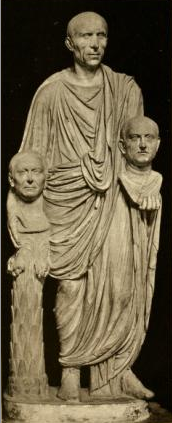
7. What’s your current obsession?
I’m writing a book about the science and superstition of ancestry. It’s a blend of memoir, reportage, anecdote, history, science, philosophy, cultural criticism, and ghost stories, I hope an open-hearted blend. I’ve been drawn lately to histories of spiritual beliefs about ancestors that predate Christianity. I didn’t realize that ancestor veneration was prevalent even in Western Europe before the saints became seen as spiritual ancestors, supplanting the ancestors of the body.
As someone with a complicated family structure—my stepdaughter is one of the most important people in my life, and my amazing niece and nephews are not biologically related to me, and I also have a stepfather and a stepsister, and twin half-siblings I’ve never met—and a complicated relationship with some of my family members, I’m not fetishizing the biological family. I’m wary of our cultural fixation on looking to our genes to understand ourselves. At the same time, the influence of our genes, our ancestors, on the people we are is undeniable. All we have to do is look in the mirror to see that. Most days right now I’m thinking about these kinds of things.
Thanks to Narrative Magazine for asking me to answer the Narrative 10.

Lisa See’s Step Inside the World of On Gold Mountain shares some of her own family research and offers genealogy research tips for Chinese Americans, including descendants of paper sons.
Last year Celeste Ng, who had several paper son ancestors, talked with me about her wonderful novel, Everything I Never Told You, and, among other things, family secrets and her lost family poem.

